Research
The Department of Science Communication has a decidedly interdisciplinary research orientation in which media and communication science, linguistics and psychology as well as literature and film studies perspectives come together. The basis for the cooperation between the various disciplines is a subject-oriented research program that focuses on the common interest in science communication.
Content
sprungmarken_marker_4431
Research profile
The central subject of research at the Departmentof Science Communication is the communication of, in and about science. Science and its communicability is addressed in various respects and on different levels: as a complex system "science", as a specific researcher or research institution, as a scientific event and as a media phenomenon, and fundamentally as a point of reference for contemporary knowledge societies. The investigation of communicative events in and about science is carried out in close connection with a fundamental theoretical reflection on concepts such as 'science', 'media' and 'communication'.
One of the department's main fields of research is the question of the reception and comprehensibility of communicated science. At the center of these considerations is the question of the conditions under which science is communicated. The aim is to clarify this: How is understanding possible and what significance do media instances have in this? Questions of reception and comprehensibility are directly related to the addressees of science communication. Concrete questions of such recipient-sensitive comprehensibility research are therefore, for example: How is science perceived by different addressee groups, what interests and motivations are decisive for this and what evaluation does science receive from the recipients?
The other side of the coin is also the subject of the department's research activities: the producers of external science communication in particular. Three research questions are at the center of interest here: Who are the scientists who engage in external science communication (subject culture, position in the academic system, generation, etc.), why is this form of communication practiced by scientists and in what form, via which media or with which forms of presentation does it take place?
Another research focus is closely related to this: media research. This examines the different media and forms of presentation as well as the changes in media cultures and the associated media behavior. Within this research focus, one of the questions is to what extent and in what way media are conditions for the constitution and communication of science and scientific knowledge. Specifically, the question therefore arises as to how the emergence of photography and film in the 19th century or new forms of digital knowledge communication change the knowledge of a society? Further questions are: How do multimodal communication offerings shape new forms of knowledge presentation and communication that lead to new possibilities for the genesis and communication of knowledge compared to primarily text-based media? How is internal scientific communication changing in the age of the WWW and PowerPoint? What kind of knowledge is constituted in images and films?
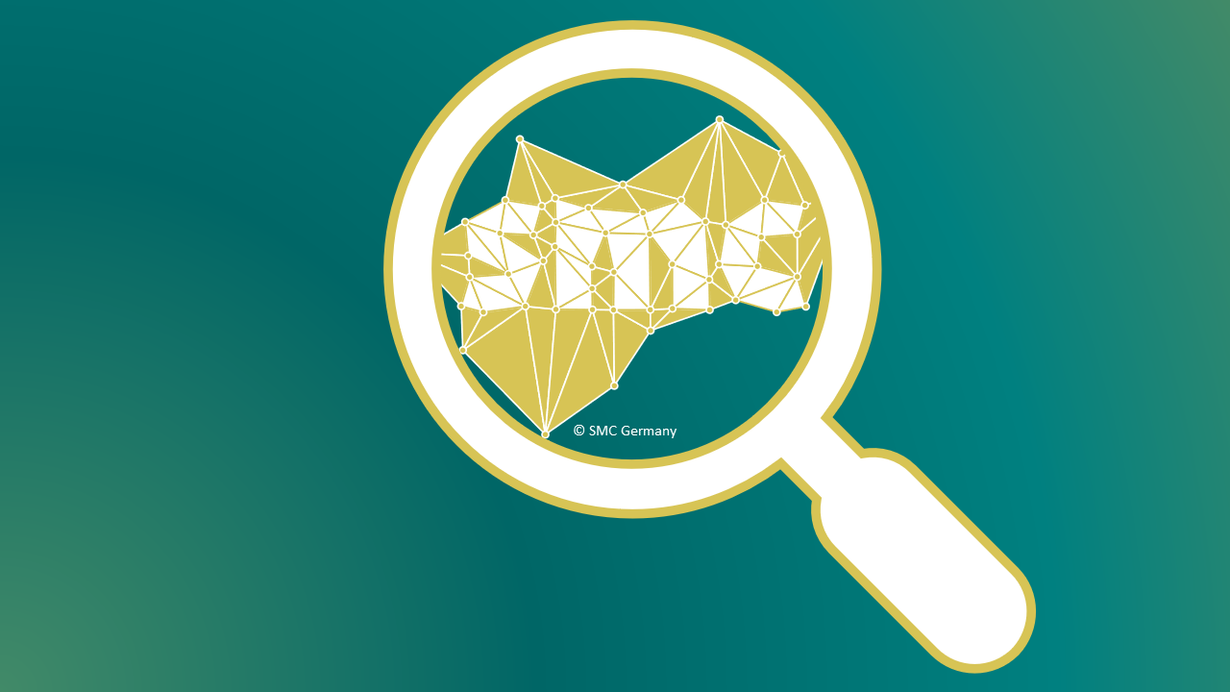
Influence of Science Media Centers on science journalism in Germany and Great Britain
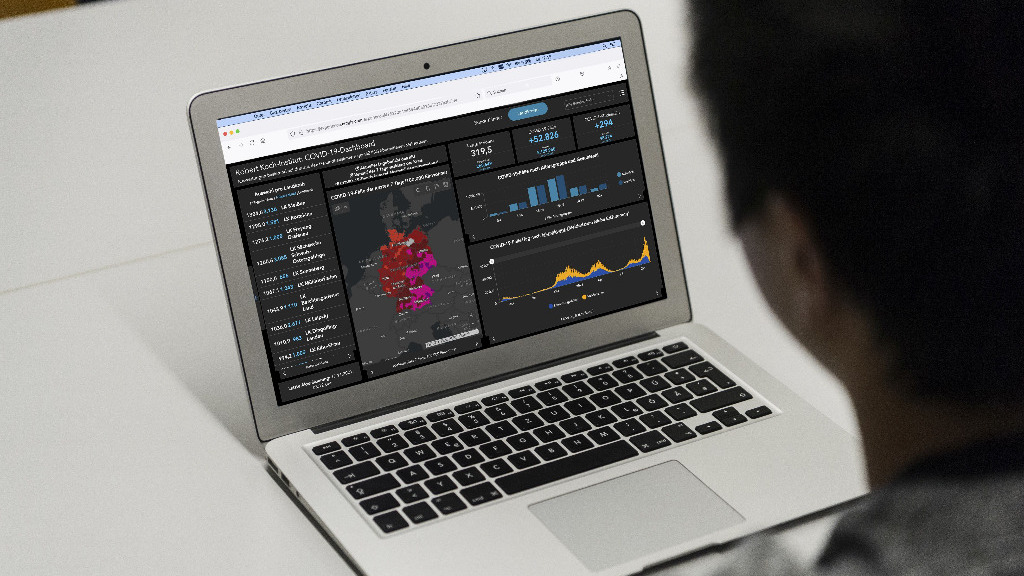
Analysis of the reception of multimodal crisis and risk communication by citizens and public authority employees
link
Discourse and Narrative Unit
link
Discourses on public health topics: Actors, strategies, formats
link
University communication at non-state universities: practice and organization
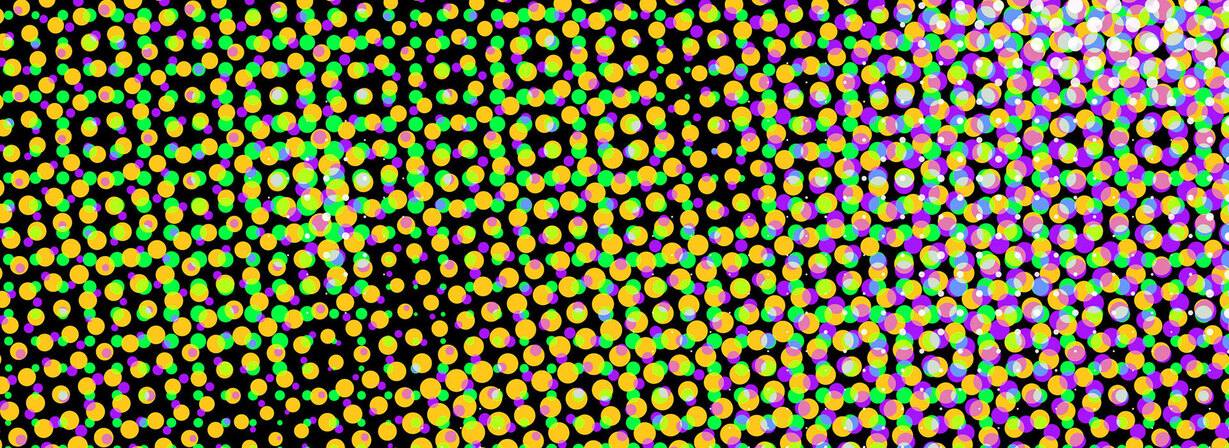
En Blog - Follow-up communication and interaction in science blogs
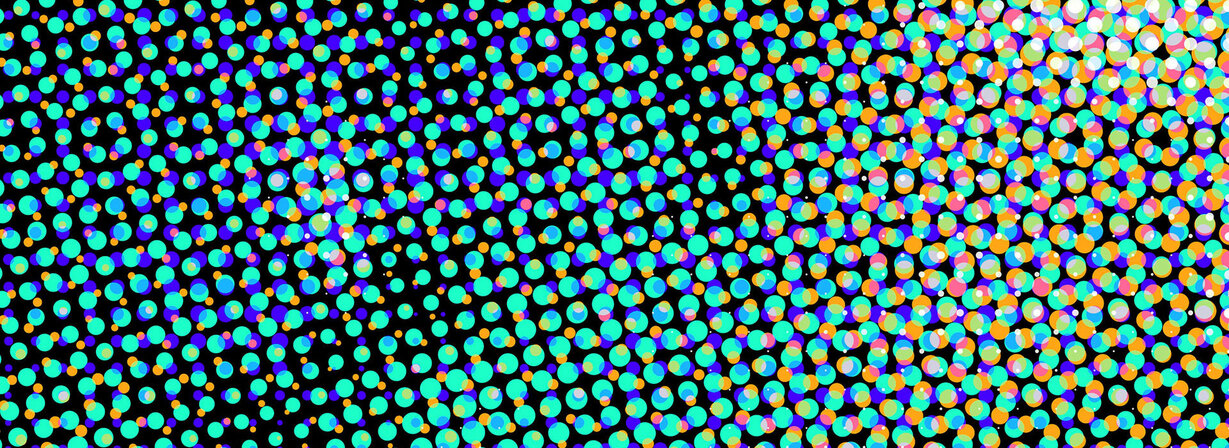
Medializing brain diseases: interactions between research and mass media (MEDIANEURO)
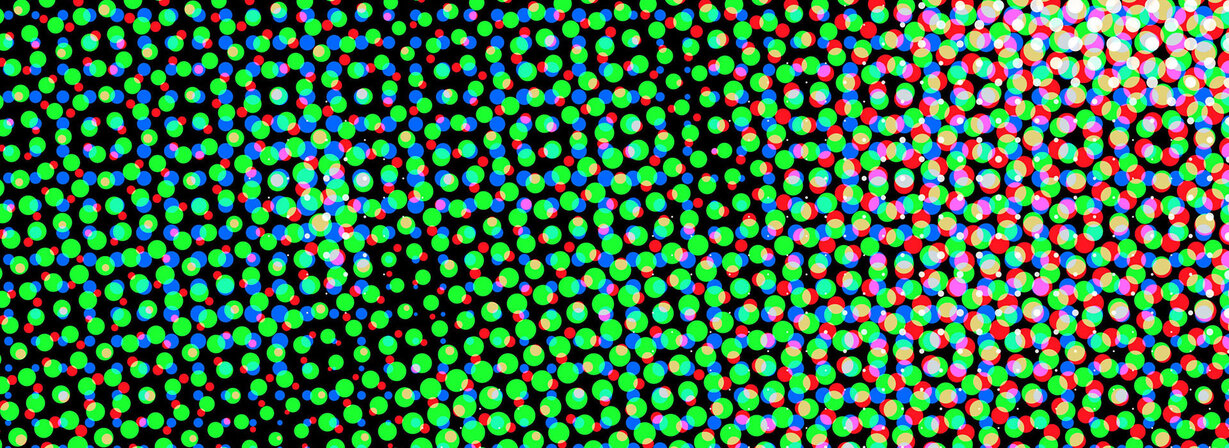
Development of methods and tools for data-supported science communication
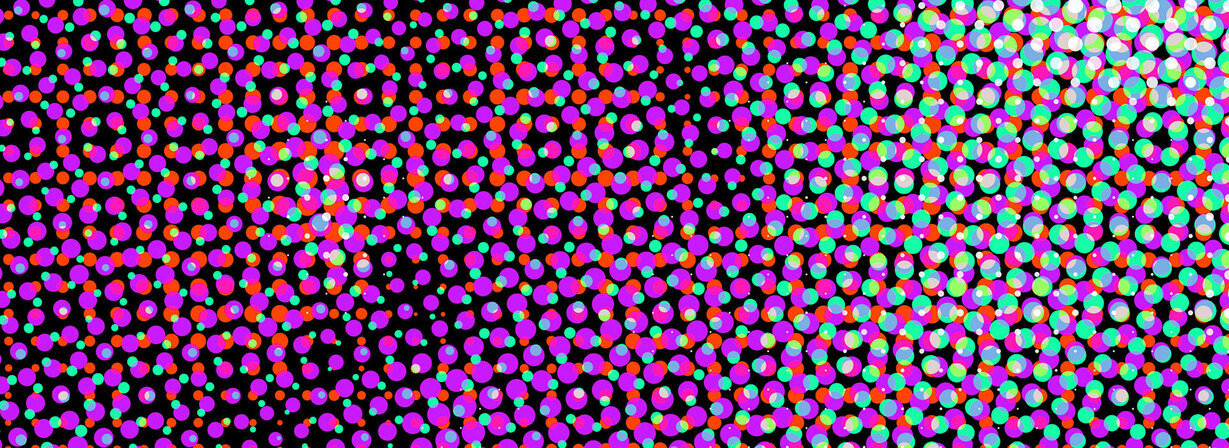
Influence of preprint papers on the novel coronavirus on reporting
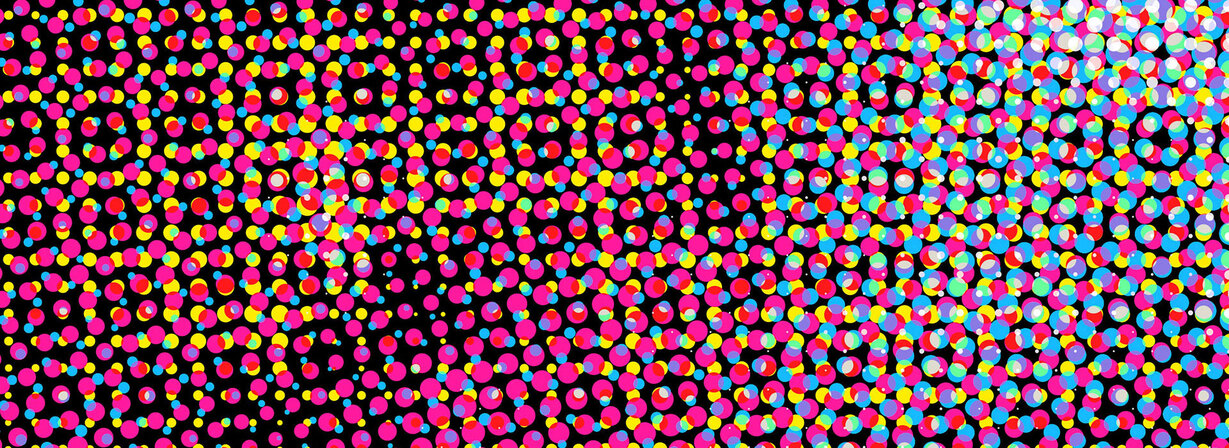
Quantitative online survey of university communicators in two waves
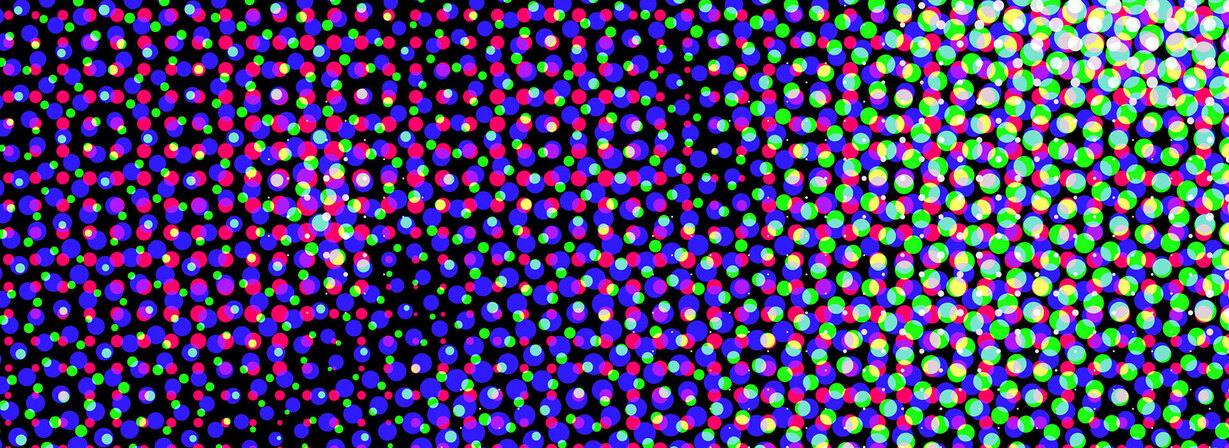
Review of presentation formats for measurement results of low-frequency fields and their significance for risk communication
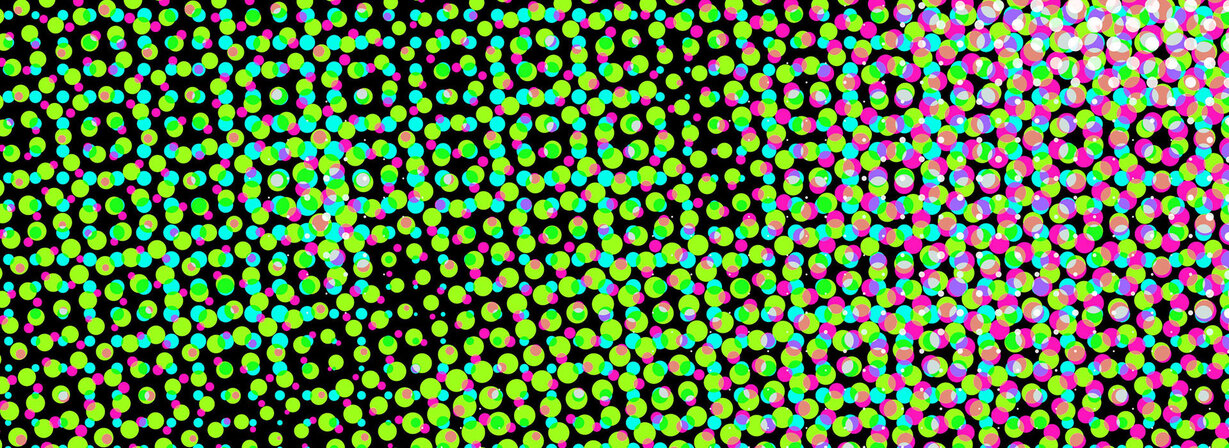
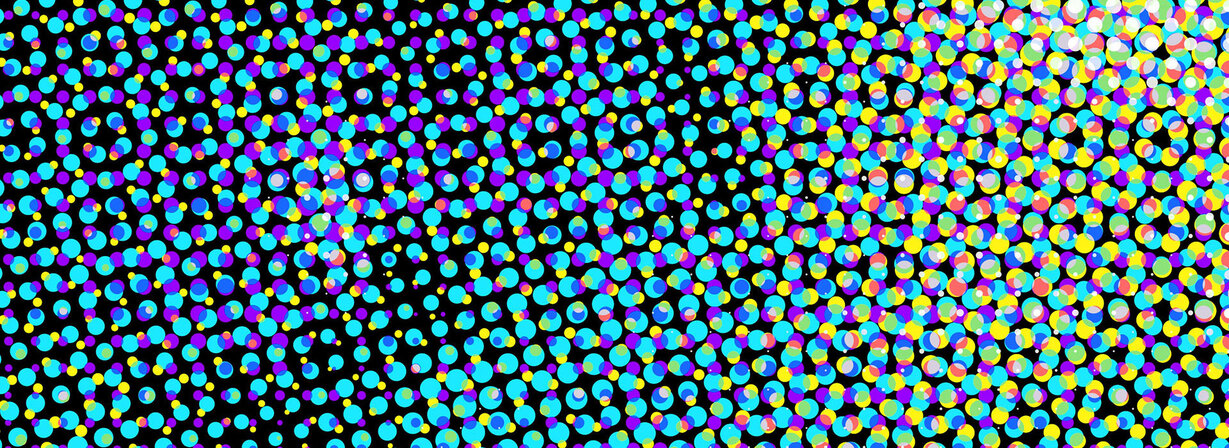
Citizen Delphi Germline Therapy (BueDeKa)

Online study on external science communication
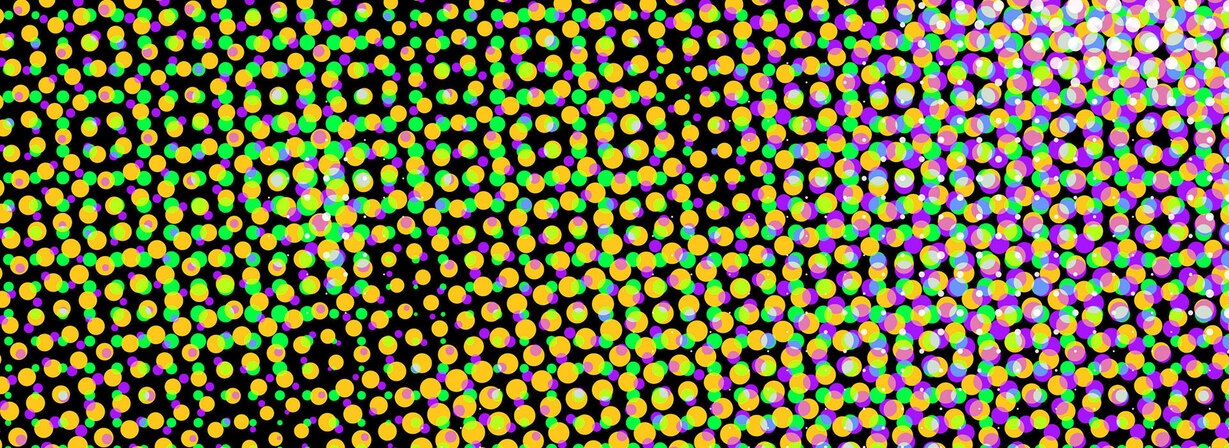
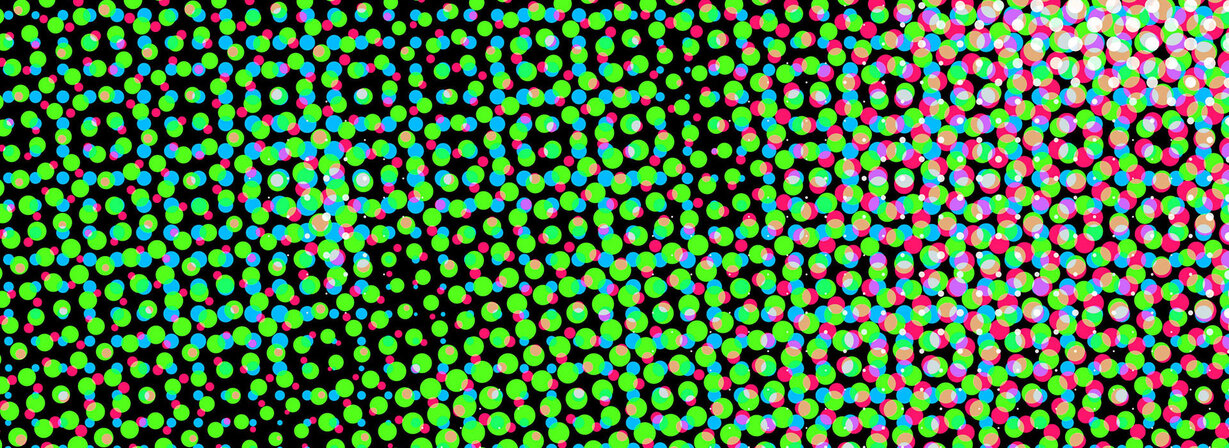
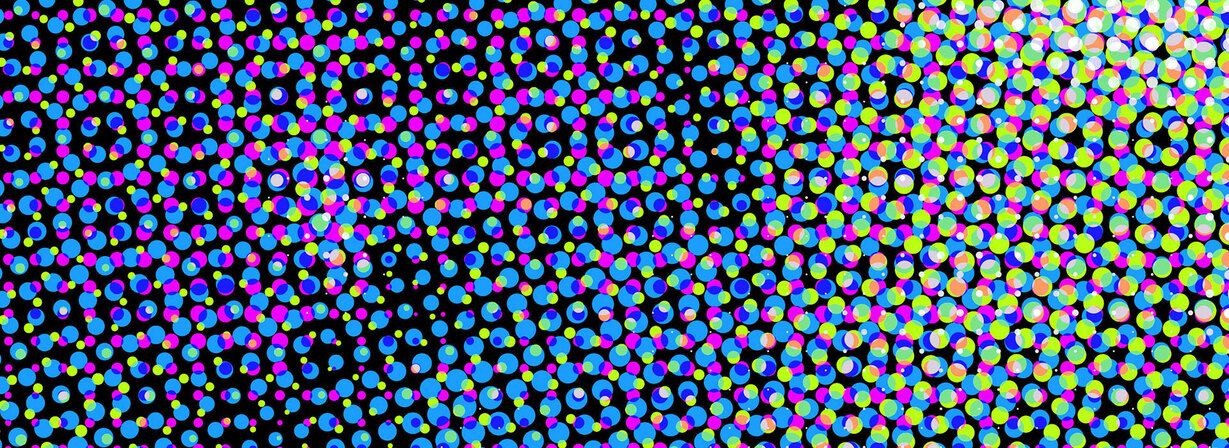
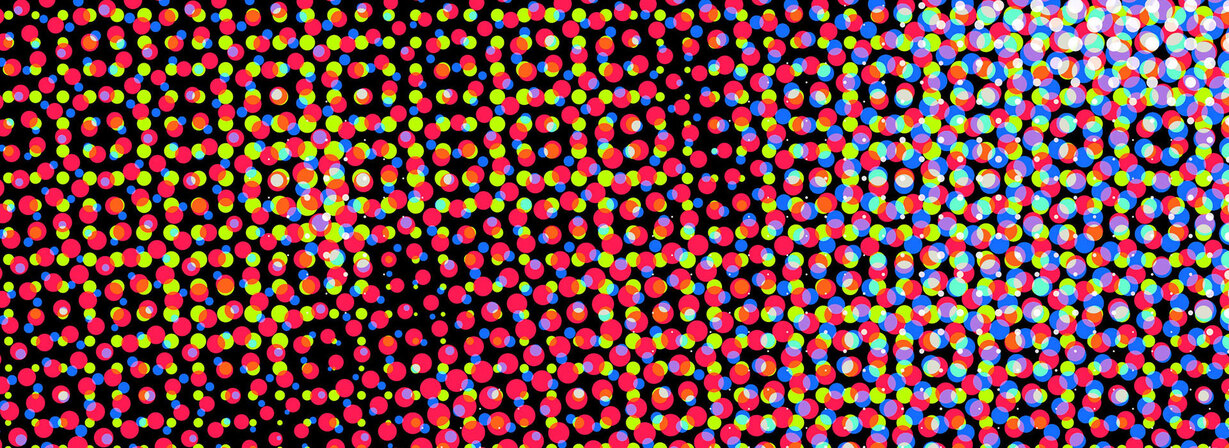
Working group "Moving images in science communication"
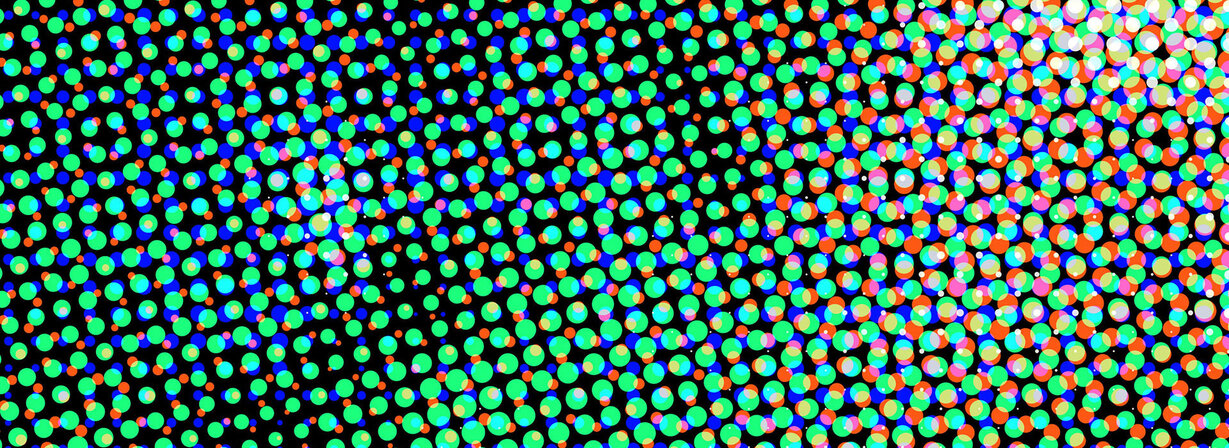
Unreached target groups in science communication
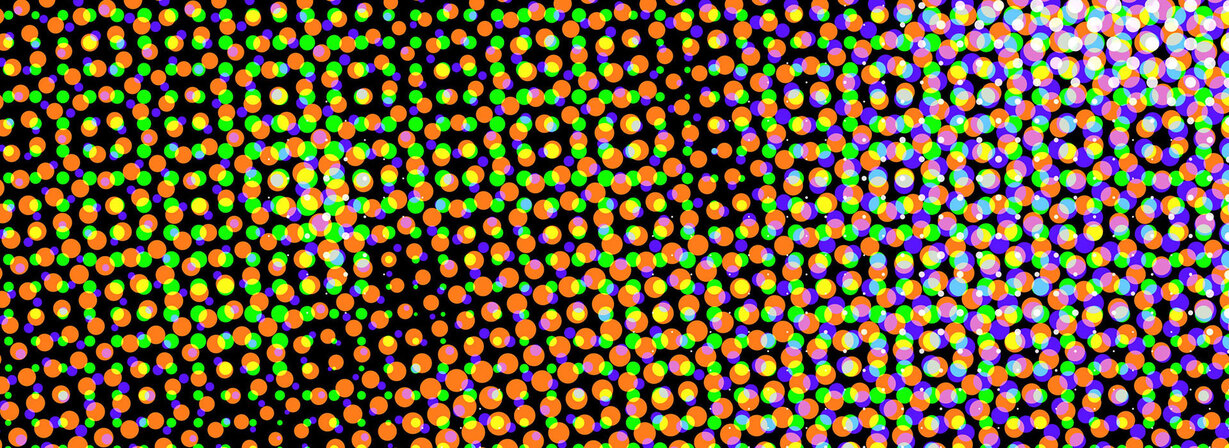
What forms of presentation do scientists prefer when they appear in public?

TAKE PART IN THE PERSIST_EU SCIENCE CAMP!
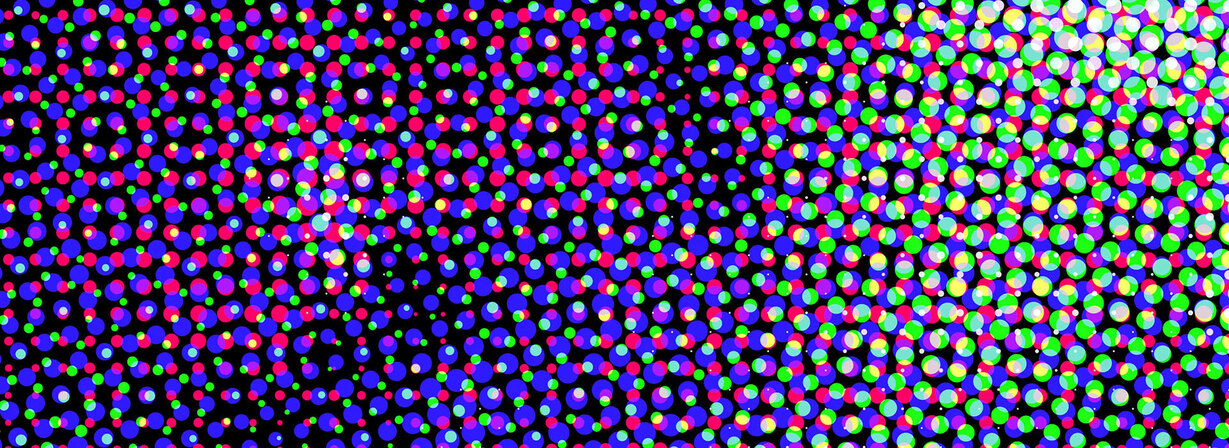
With the "Teaching to Research" project as part of the Quality Pact for Teaching, KIT aims to anchor research-oriented learning throughout the curriculum.

Conversations about science beyond the academic urban centers.
